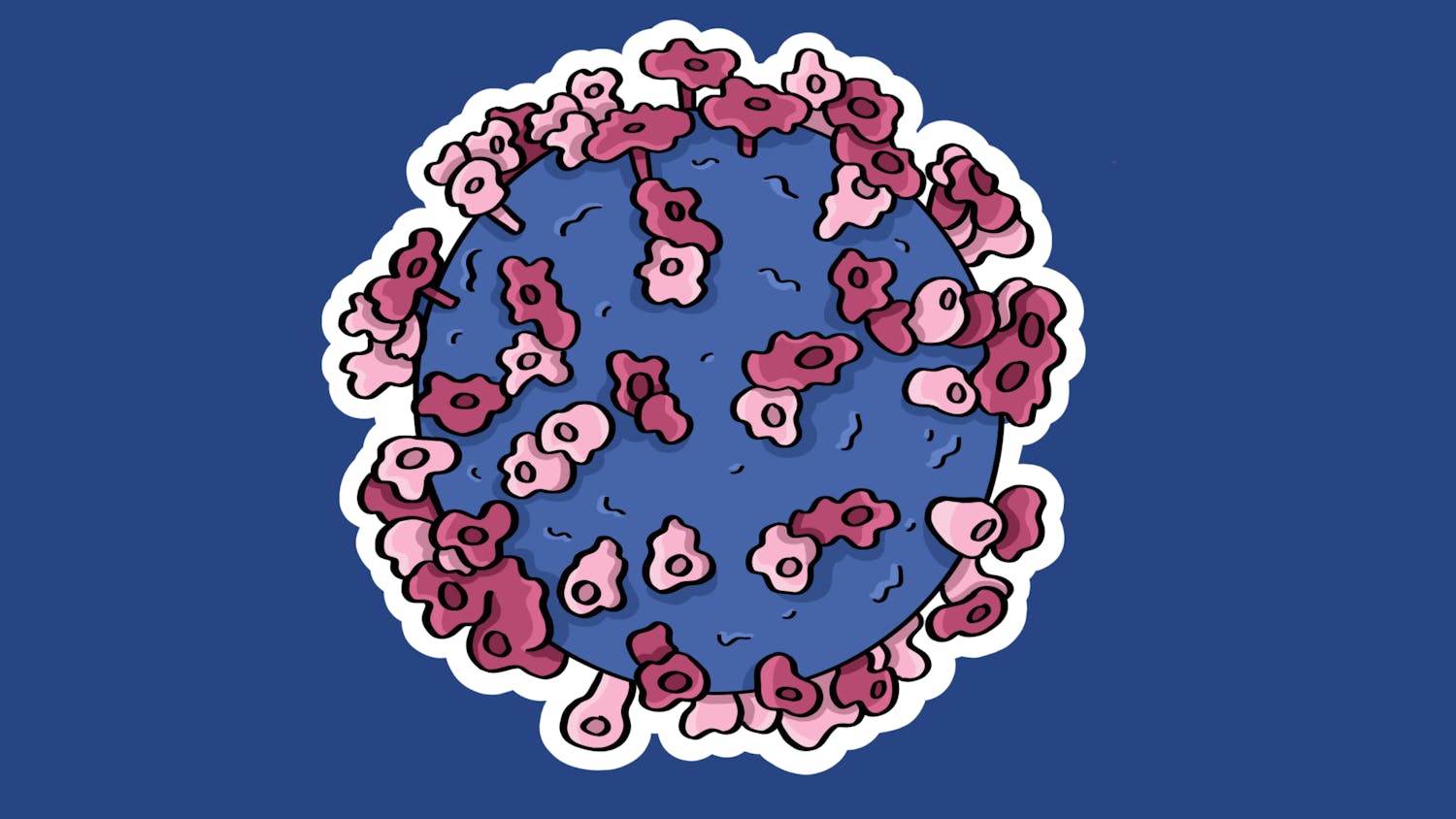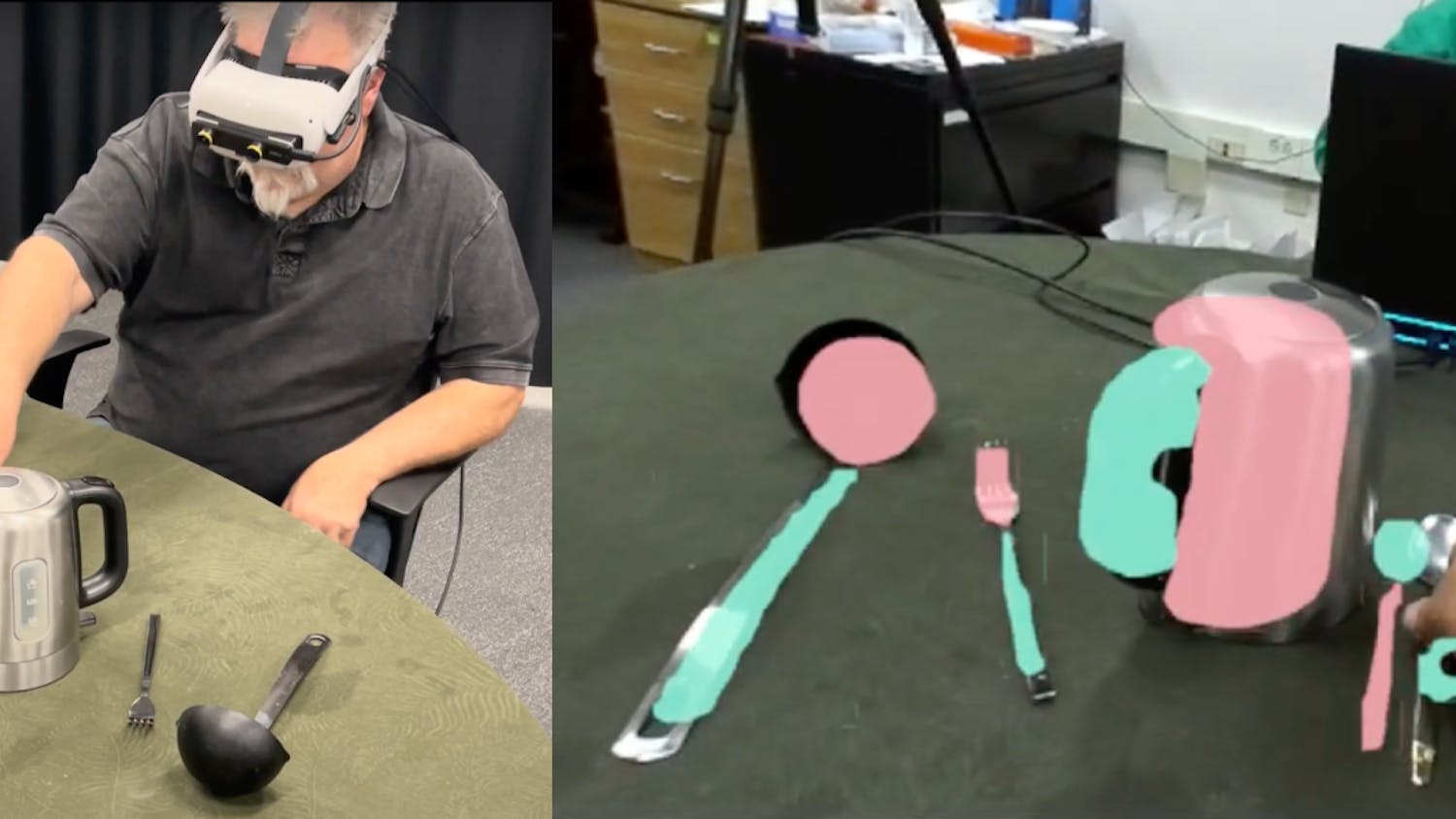Water is a strange player in global health in that it is necessary to live, but provides no real nutrients. Increasing water consumption is often touted as a method for improving health, yet most do not know why this is. Though we hear this advice frequently, few people follow it. Despite water’s documented benefits, research shows that a large portion of the U.S. is chronically dehydrated.
Hydration itself is simple. Avoiding dehydration is a biological goal, but few people want to quit soda for a flavorless alternative. Some of the main reasons people do not drink water are a lack of flavor or trust in available water sources as reasons for their choices. Fortunately, you do not need to drink plain old tap water to stay hydrated.
While water is made up of pure and simple water, other beverages have this necessary ingredient. Fruit juices, milk and soft drinks are generally around 90 percent water. In fact, Grandjean et al. reports that Americans get the majority of their water from other beverages or in foods rather than pure H2O.
The role of water is vital for effective bodily function. Grandjean et. al discusses how water regulates temperature, heart rate, appetite, and even prevents heat stroke or organ failure, which can occur at extreme levels of dehydration. Pure water is believed to be the best hydrator, but it is not the only beverage that is useful for optimal function.
Drinking water provides quality hydration, but research shows the source of water really does not matter. Other than diuretics such as alcohol or coffee which cause frequent urination and slightly lower hydration, most beverages impact hydration — but not overall health — in the same way. To discount claims against these diuretic beverages further, it seems that frequent caffeine consumers develop a tolerance to it, eliminating its diuretic impact.
As it seems, it is not what water contains that makes it most beneficial for health, rather what it does not. Miller et al. report that sugar laced drinks — whether naturally occurring or added — can be damaging to our health. They carry extra calories in the form of sugars and have been linked to fruit decay and cardiovascular issues — even 100 percent fruit juice.
Those choosing diet options as a “healthy” alternative are in for bad news too. Yang (2010) reports that drinks with artificial sweeteners have been linked to increased weight compared to sugar-sweetened drinks. This is due to sugar being treated as a recognizable component of food. When artificial sweeteners are consumed, the body does not register it as a source of energy in the form of calories, so food consumption rises.
The prevalence of artificially sweetened beverages is likely to grow in the near future. As food technology advances, there are consistently new products on the shelves. Beverage companies are trying to find their foothold in the U.S. market that has been drifting away from soft drinks, with per capita consumption dropping since the early 2000s. While these drinks do not need to be eliminated, they should be limited.
Tracking fluid intake and monitoring caloric intake go hand in hand. The two goals of water consumption are to remain hydrated and to avoid adverse health outcomes. Choosing water over other beverages removes sugar calories from the diet and helps you stay full.
Fluid needs for the average person are not well defined, so it is difficult to know if you are drinking enough. The main problem with water recommendations is that they are not one size fits all. An adequate water intake is one that replenishes water loss. UW Health advises drinking six to eight 8-ounce glasses daily as an average recommendation to fit this estimate, but this value varies based on activity level, gender and many other factors.
Unlike many cases in nutrition, consuming more water is better. Asimple way to track your hydration level is by examining your urine: the lighter the color, the better hydrated you are.
The key to hydration is not about what you drink, but rather what you do not drink. Drinking all of your daily recommended fluid ounces of water in Coke will keep you hydrated, but your health will suffer. Water is key to both keeping you hydrated and keeping sugar and calorie intake low. Consuming water in amounts that keep you from thirst and prevent your body from poor functioning is ideal. We know water is critical for maintaining optimal health, so swapping it for your favorite sweetened drink can make a notable difference in energy levels and body weight in the long run.






